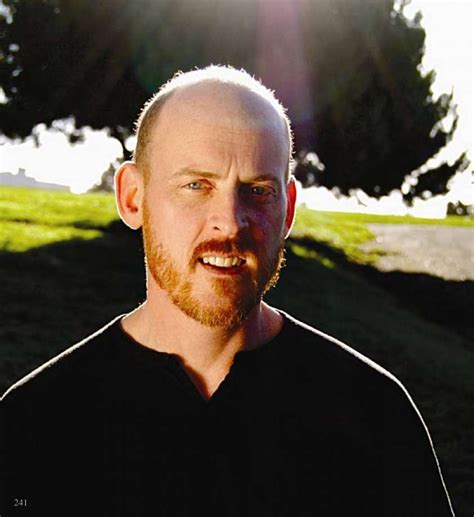Top 14 Quotes & Sayings by K. M. Soehnlein
Explore popular quotes and sayings by an American writer K. M. Soehnlein.
Last updated on April 14, 2025.
Not a lot of contemporary fiction is written about brothers and sisters. Salinger's Franny and Zooey was an inspiration for me. In Franny and Zooey, the sister gets in trouble and the brother comes to help her out. But I wanted to make sure that in my novel the sister had more to do than lie around on a sofa muttering, which is what Franny does for two-thirds of Salinger's novel.






















